Even in the midst of a pandemic and an unofficial national lockdown, people still have to eat. With outings to the local restaurant and trips to the grocery store being potentially risky, food delivery services have become an essential part of American life in 2020. For large-scale service providers like Grubhub, it has been a relative goldmine for business.
But is Grubhub scamming us all? On May 15, 2020, BuzzFeed reported that even if you seek to bypass Grubhub service fees by calling restaurants directly, you may have been fooled by a bait-and-switch phone number. These restaurants are still paying Grubhub for extra fees.
How is this legal? More specifically, is this a violation of the Lanham Act for false advertising or customer confusion and deception?
Continue reading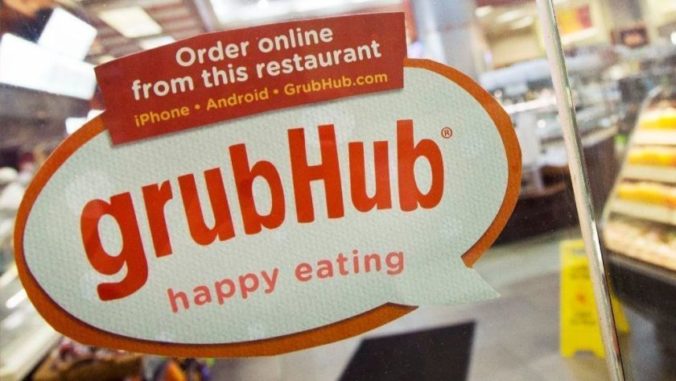
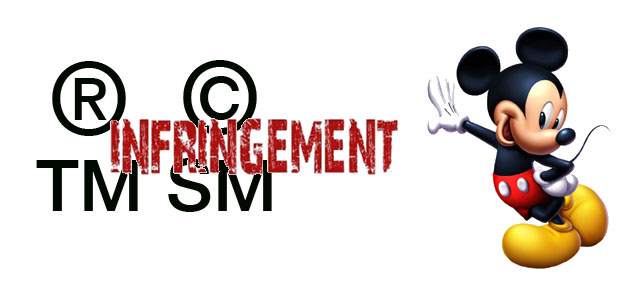
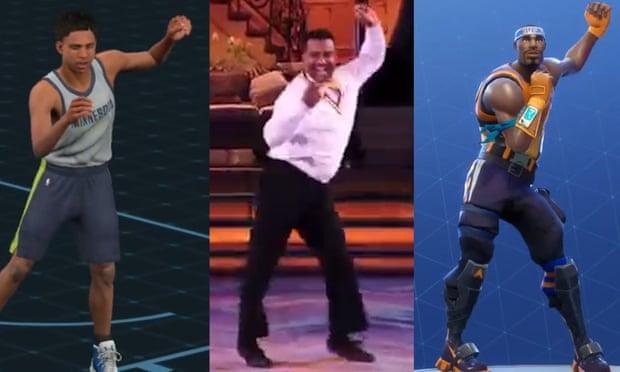
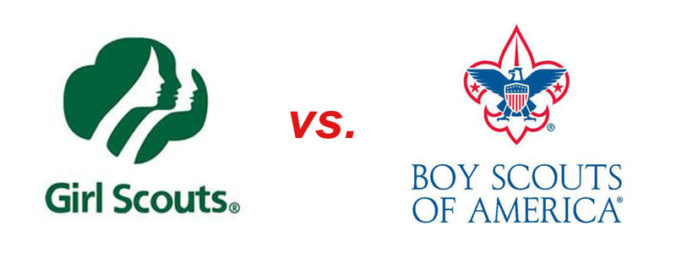
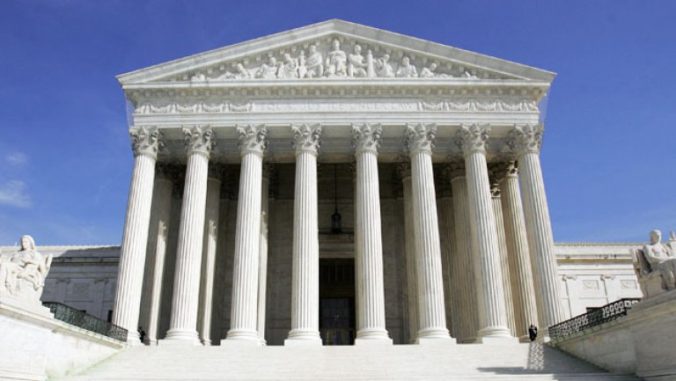
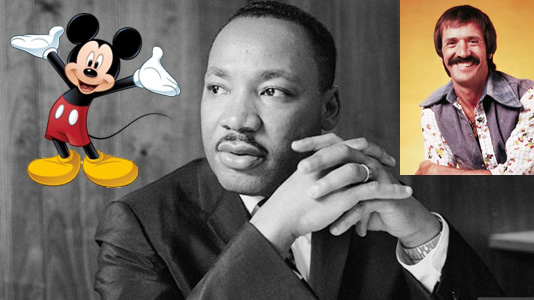
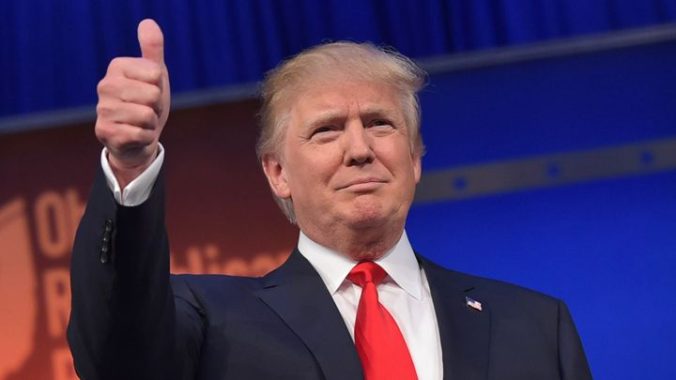
Recent Comments